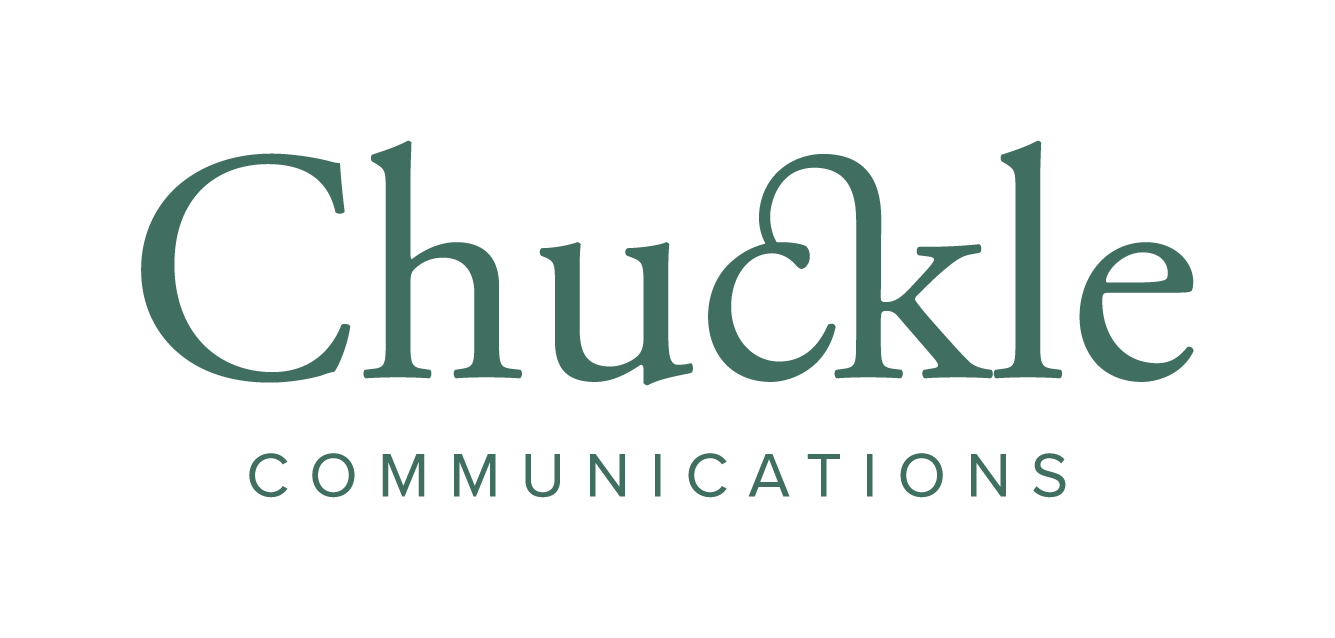Four writing lessons from Agatha Christie
It’s 130 years today (15 September 2020) since the birth of Agatha Christie, the world’s best-selling novelist and my absolute favourite author.
Born Agatha Mary Clarissa Miller on 15 September 1890 in Torquay, England, Agatha was prolific as a writer, publishing 66 detective novels and 14 short-story collections in her career.
Her life was as interesting as her novels. She was married twice, and travelled extensively – including to Iraq and Egypt. She also mysteriously disappeared for a few days once, turning up under a false name at a hotel in Harrogate. I loved the 2018 film Agatha and the Truth of Murder, which imagines what she might have been up to in those unaccounted for days.
I’m a huge fan of Christie’s writing, and I was lucky enough to visit her former home, Greenway House, in Devon a few years ago. One of my favourite ever days out when we lived in England.
So what can we learn from Christie when it comes to writing?
Plenty, of course.
Here are my top four Agatha Christie writing tips:
Be prepared
Christie always carried a notebook with her, and she loved jotting down overheard conversations or writing about the people she saw while she was out and about, turning them into characters in her books. She claimed she ‘found’ the characters for her debut novel, The Mysterious Affair at Styles, while riding on a tram in Torquay.
Lesson: Keep a notebook handy, and always jot down your ideas and thoughts as they come to you. This is especially handy for social media posts. My ideas for posts often come to me when I’m out and about or having conversations with friends, and if I don’t write them down immediately they can easily disappear.
Delight in the detail
Christie completed an examination with the Society of Apothecaries and worked as a dispensary in a hospital. It meant she had an expertise in poisons, especially helpful when describing the poisons used by some of her murderers.
Now I’m not saying you need to be an expert in the industry you’re writing in – I definitely don’t claim to be a civil engineer, psychologist or dietician (just some of the recent clients I’ve written for)! But it helps to add in just enough detail to make your writing and information credible and useful.
Lesson: Ask the right questions when taking a briefing from your clients, and ask for specifics – these are often the points of interest which can add great expertise and colour to your copywriting.
Keep it simple
Christie’s writing is incredibly easy to read, as she keeps her sentences simple, short and conversational. She doesn’t get bogged down in poetic descriptions, but adds just enough description for us to immediately picture the characters and the setting.
Lesson: Focus on writing which is easy to read and understand. Write for an audience with the reading level of a Year 8 student Yes of course your readers can probably read and understand more complex language than this, but why make it hard? Nothing’s a bigger turn-off than words which you need a dictionary for, or long-winded sentences.
Plan the murder first
Agatha said she often planned the details of the murder first, before working out the introduction, background and the resolution following it.
Lesson: When thinking about your own writing, plan the murder first, as in – what’s the point? What is your writing leading readers towards? Are you informing them of a specific point, or leading them towards a course of action? Think about this first, and then go back and write through the steps they’ll need to take to get there.
Stuck when it comes to writing for your business? You know what to do. Drop me a line for a chat – about how I can help, or just about your favourite Agatha Christie novels. I’d love to hear from you!

